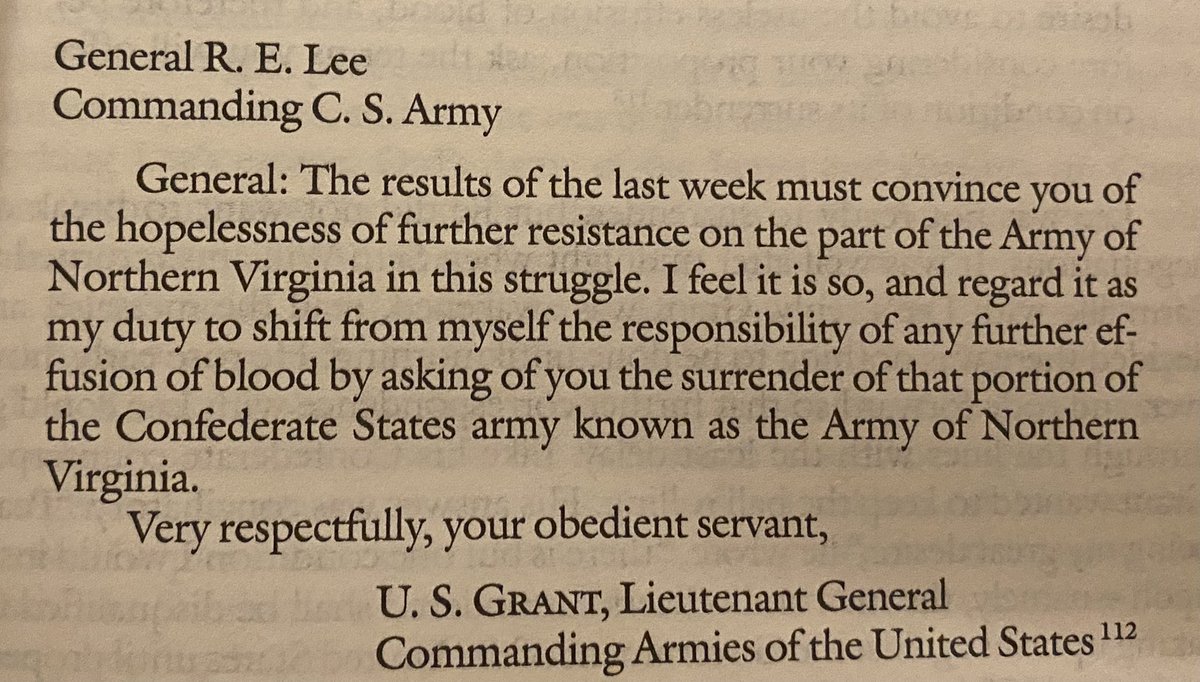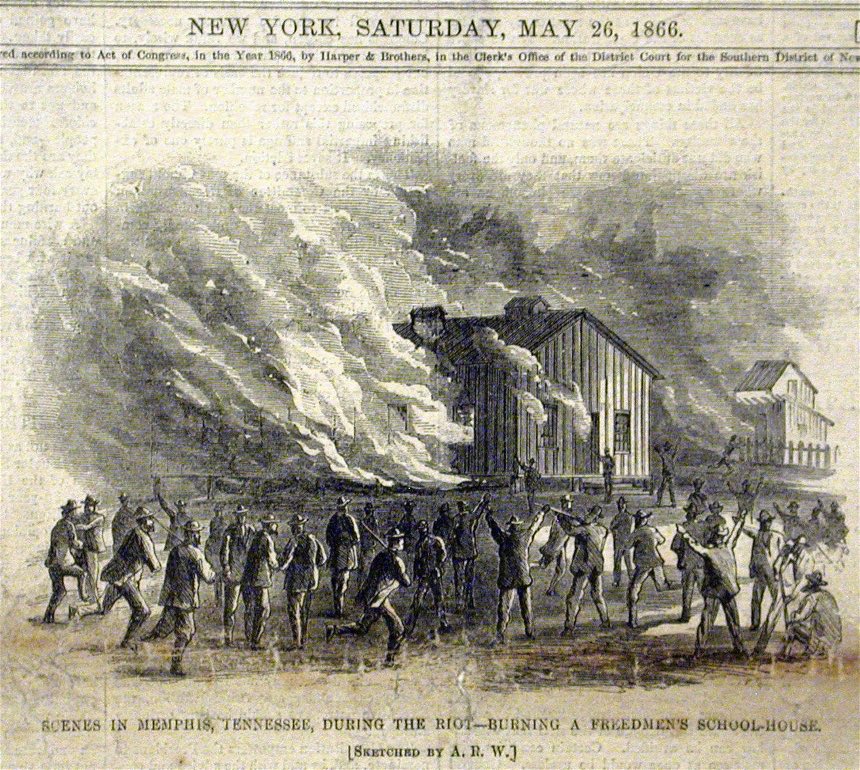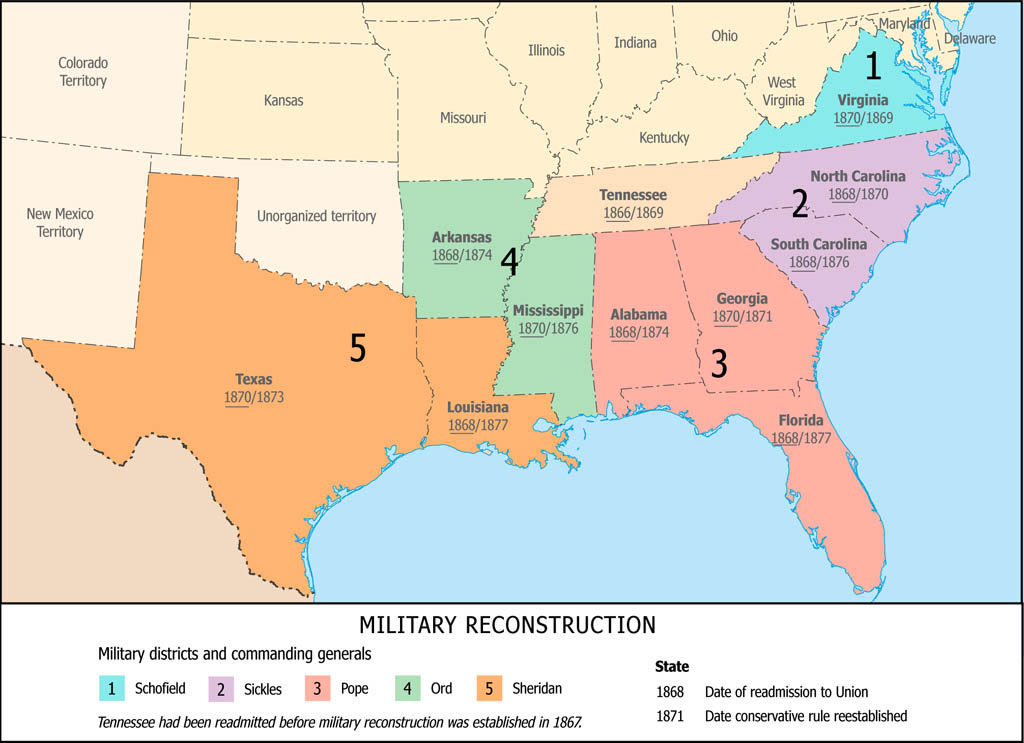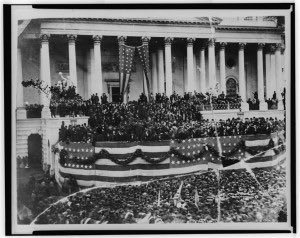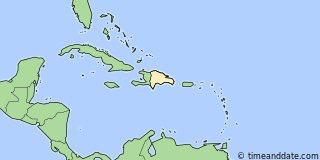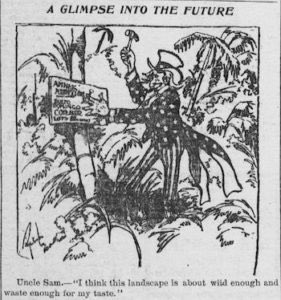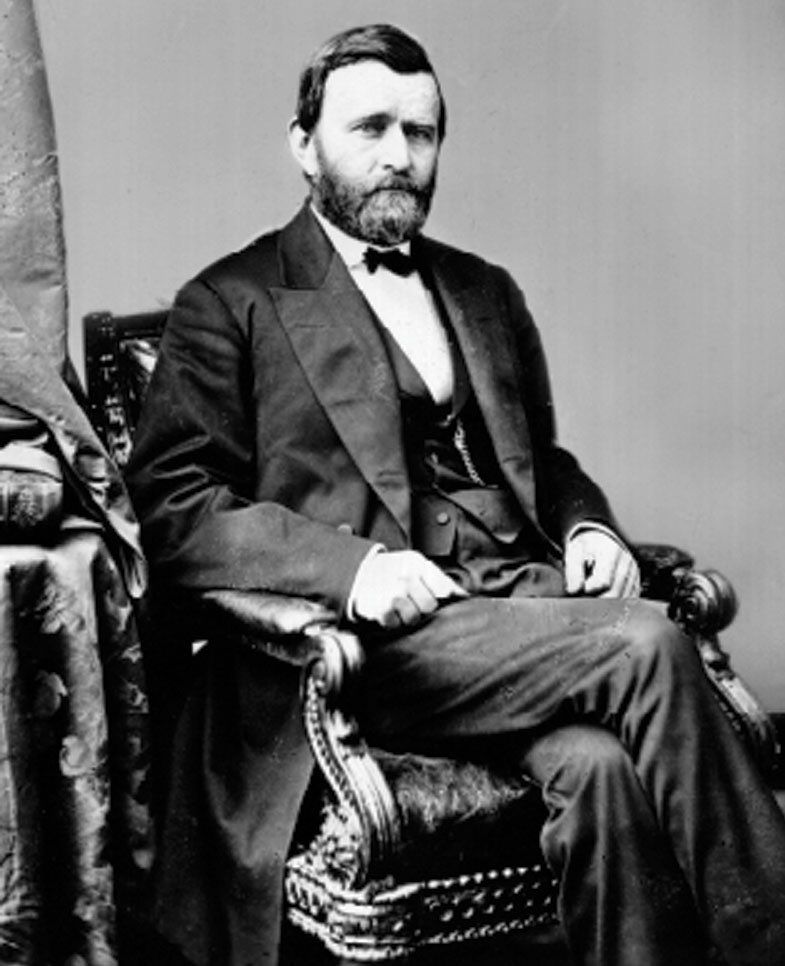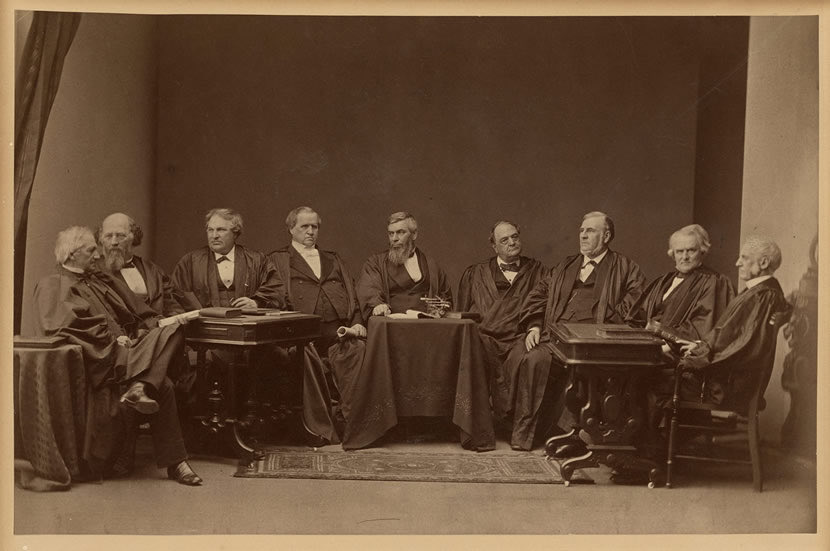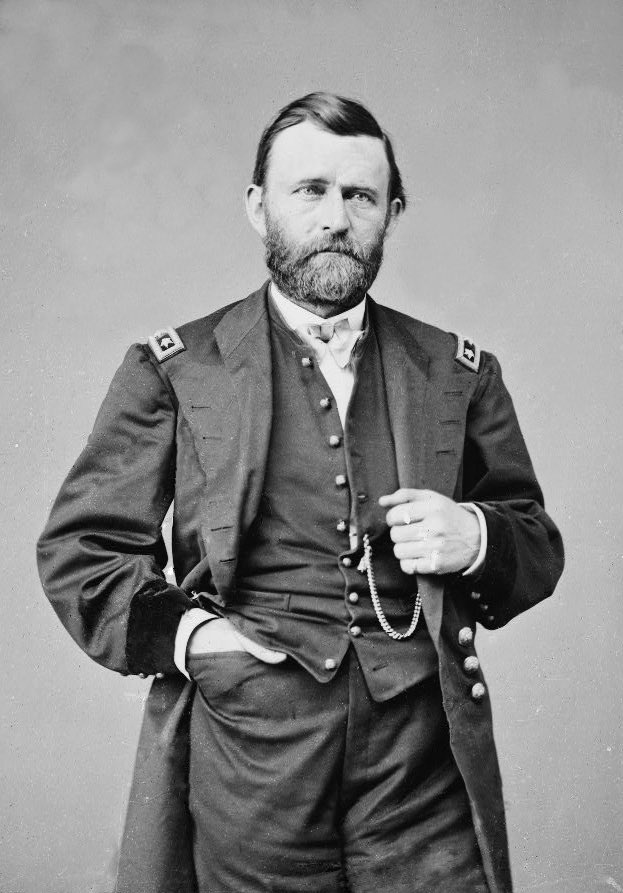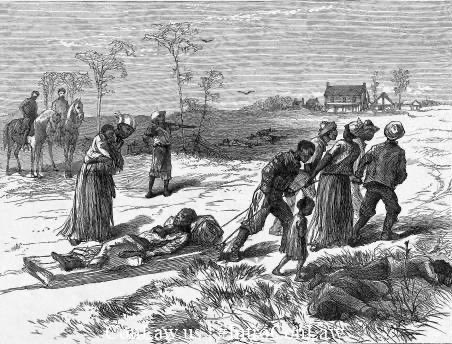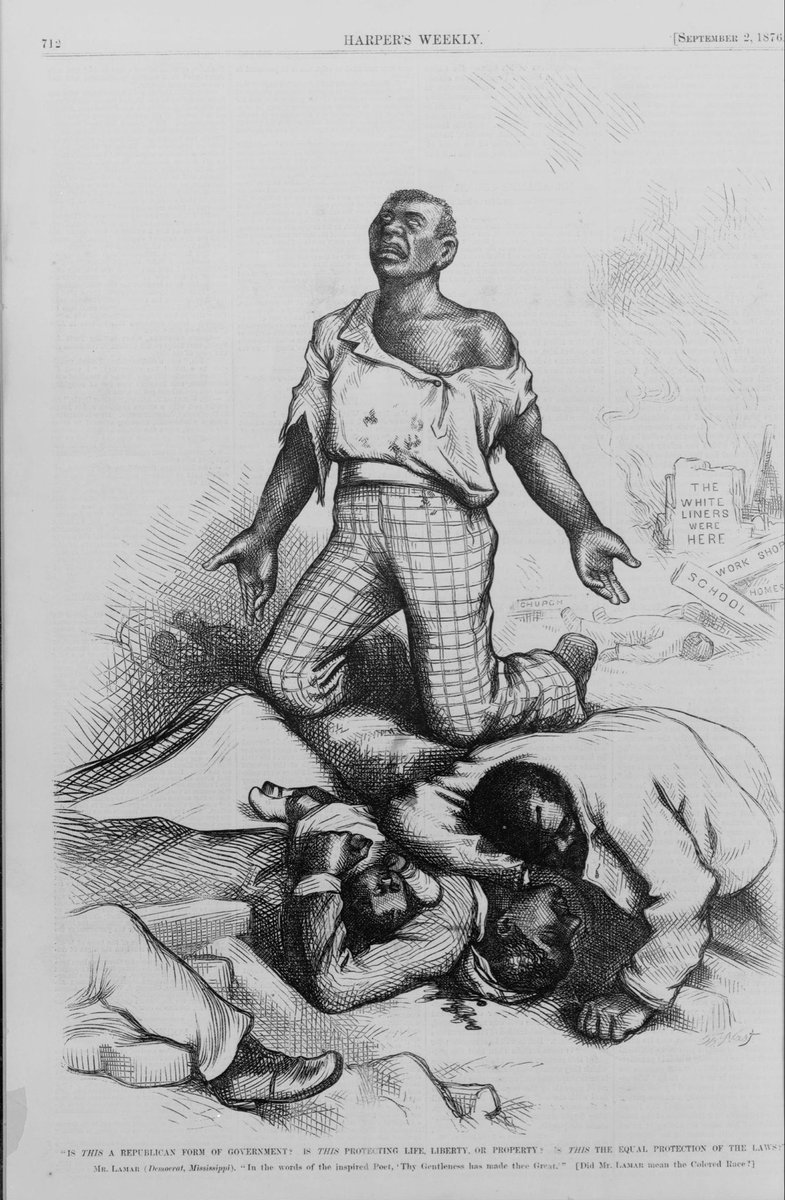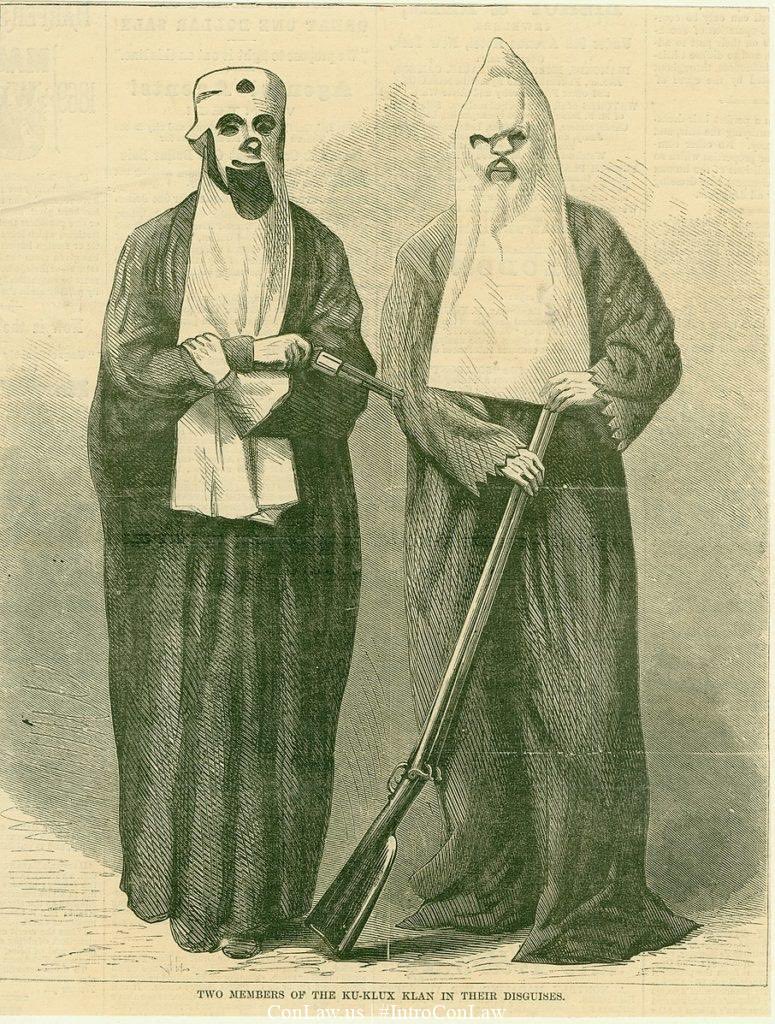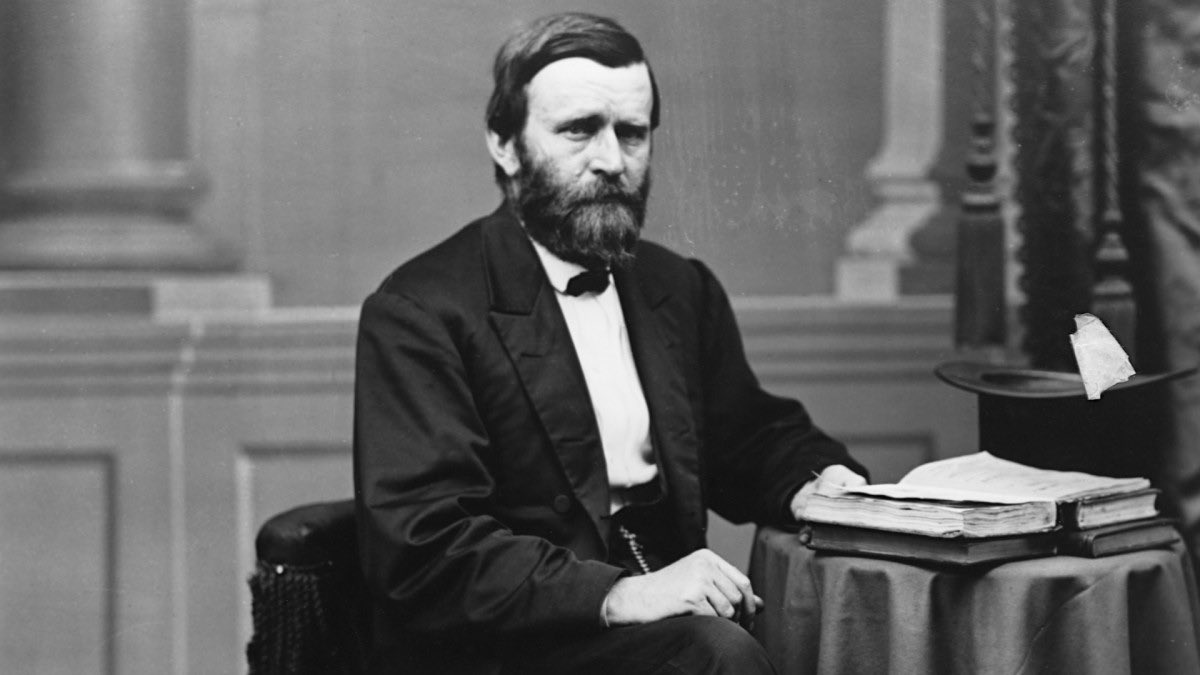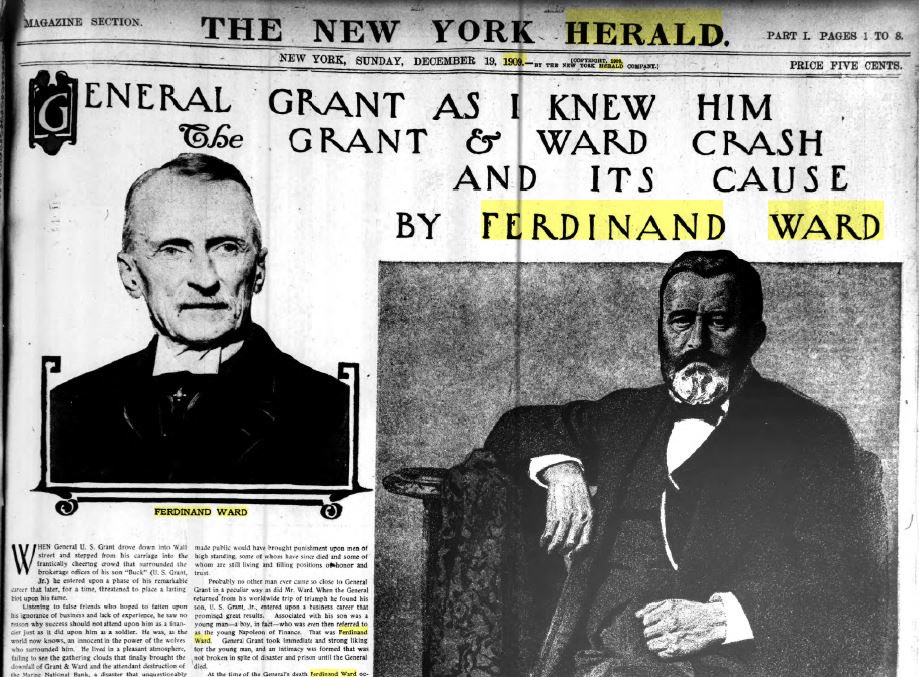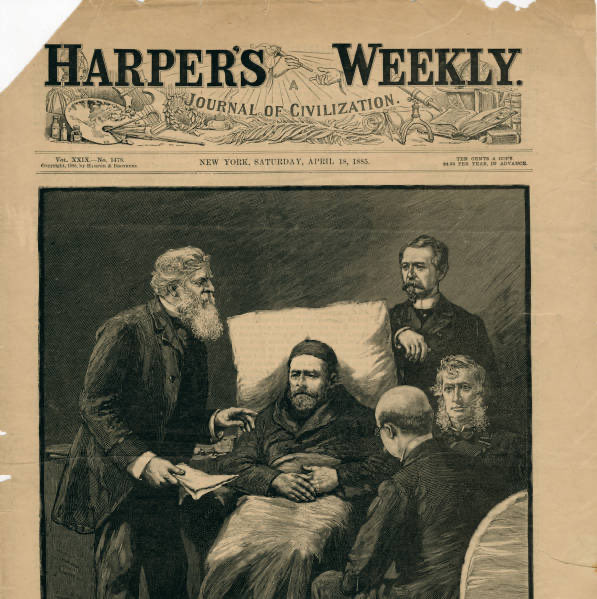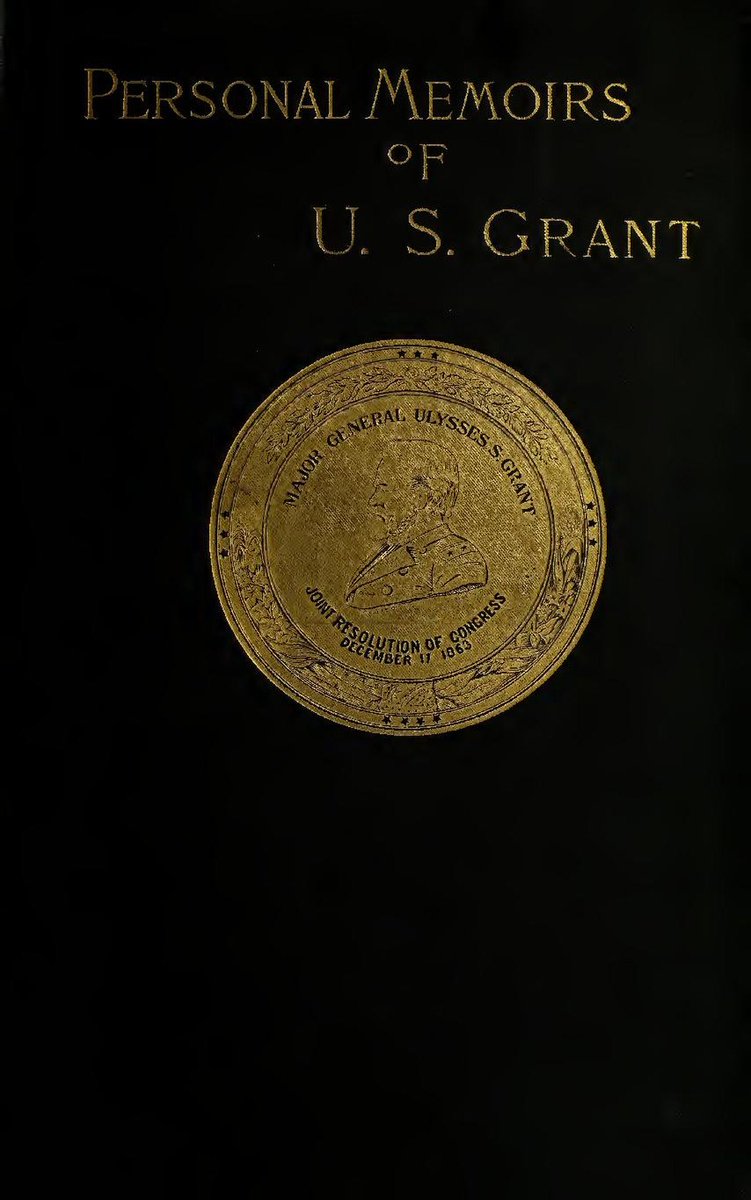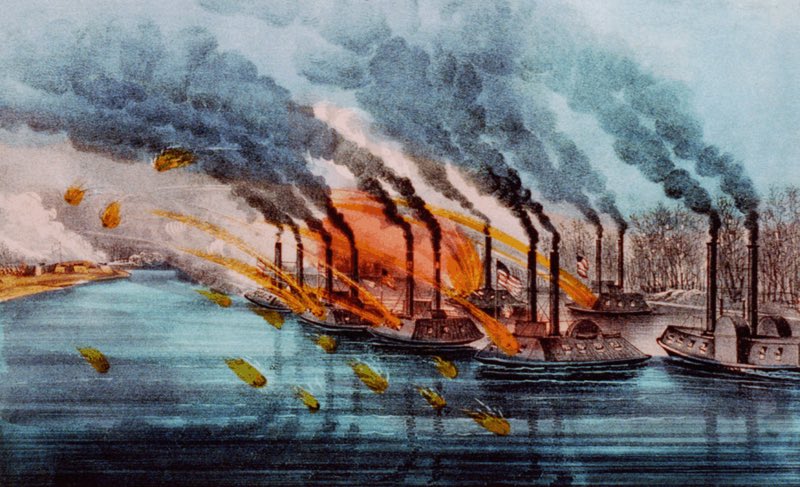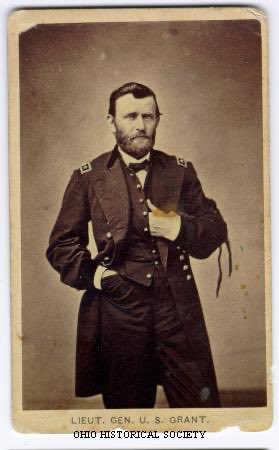Starting my next biography with Mt. Rainier in the background.
Get ready for some President Grant!
#Seattle #History #President #America #USA #Army #Rainier
Get ready for some President Grant!
#Seattle #History #President #America #USA #Army #Rainier
Just a few years before the Civil War, Grant was so poor he was peddling firewood on a St. Louis street corner in a faded army overcoat, trying to feed his family.
Ulysses S. Grant was actually named Hiram Ulysses Grant at birth, but when a congressman wrote his endorsement to attend West Point, he accidentally wrote “Ulysses S. Grant,” (Assuming S for Grant’s mother’s maiden name), and West Point refused to correct it.
As a young Grant and American forces captured every Mexico City fortification Santa Anna could put in their way in the waning days of the Mexican American War (1846-48), Santa Anna grumbled, “If we were to plant our batteries in hell, the damned Yankees would take them from us.”
The civil war didn’t just divide families, it divided wedding parties.
The best man at Grant’s wedding and two of his ushers would go on to fight for the confederacy and eventually surrender to him at Appomattox courthouse at the end of the war.
The best man at Grant’s wedding and two of his ushers would go on to fight for the confederacy and eventually surrender to him at Appomattox courthouse at the end of the war.
1850’s Grant must be the unluckiest businessman:
• Carved ice near Canada to sell in San Francisco, but it melted en route
• Began to farm, but a flood destroyed his fields
• Invested in a business partner, but the guy skipped town and never paid him back
Rough!
• Carved ice near Canada to sell in San Francisco, but it melted en route
• Began to farm, but a flood destroyed his fields
• Invested in a business partner, but the guy skipped town and never paid him back
Rough!
In 1859, at a time of great personal poverty, Ulysses S Grant came into the ownership of a slave a colonel had left behind. He could have sold the slave for $1,000 or more - equal to a year’s salary when he’d been in the army - but instead he set the man free.
You know the number in Hamilton where Burr and Ham are exchanging notes signed “your obedient servant” before their duel? Turns out, North and South generals wrote similar notes to each other during the Civil War.
Here’s Grant demanding surrender with such a sign-off.
Here’s Grant demanding surrender with such a sign-off.
And here’s the musical number from Hamilton, because one should never miss an opportunity to share #Hamilton.
Grant was the first union general to capture a confederate army. The victory was so wildly celebrated in the north that one editorial wrote, “Any person found sober after nine o’clock in the evening would be arrested as a secessionist.”
#civilwar #US #USA #America #history
#civilwar #US #USA #America #history
Also after this victory, newspapers reported Grant had smoked a cigar during the battle, so readers began shipping him cigars. As historian Jean Edward Smith put it, “Grant gave up smoking a pipe, if for no other reason than there were dozens of boxes of cigars lying around,” HQ.
In 1863, Grant & Sherman were asked their opinions on how to handle the occupied south. Sherman said he, “Would not coax them, or even meet them halfway, but make them so sick of war that generations would pass before they would again appeal to it.”
#ThatsCalledForeshadowing
#ThatsCalledForeshadowing
I really like this description of Grant. I didn’t expect him to be the same height and weight as I was when I graduated high school!
When Grant arrived at the besieged town of Chattanooga, he rode the lines and found places where the union & rebel forces were so close together that when the union soldiers were called to stand & salute general Grant, the southern troops respectfully stood and saluted as well.
At one point, Grant came across a soldier dressed in a shade of blue slightly different from the usual Union uniform. Grant asked the soldier whose corps he belonged to, and the soldier said “Longstreet,” the confederate general. They amiably chatted a bit before Grant rode off.
In the final year of the Civil War, a Sgt. saw Gen. Grant visit the Shenandoah Valley & told a comrade, “I hate to see that old cuss around, when that old cuss is around, there’s sure to be a big fight on hand.”
3 days later, the union attacked & routed the rebels in the valley.
3 days later, the union attacked & routed the rebels in the valley.
In the final year of the war, Lee proposed a prisoner exchange with Grant. Grant said, sure, as long as black prisoners are exchanged on the same basis as white prisoners. Lee refused, and so Grant ended all talk of an exchange.
When Sherman’s army was in Atlanta (just before his March to the sea), Jefferson Davis boasted it was too deep in Confederate territory, vulnerable to being cut off from resupply, and destined to suffer Napoleon’s fate in Russia.
Grant’s retort: “Who is to furnish the snow?”
Grant’s retort: “Who is to furnish the snow?”
After completing his march to the sea, Congress considered promoting Sherman over Grant. Sherman was mortified & wrote Grant that he’d refuse if offered. Grant’s reply is a great example of confidence in #leadership.
#American #Military #History
#American #Military #History
Enjoying this thread and interested in more presidential history? You can tune in and listen to the [Abridged] Presidential Histories podcast at: https://aph.buzzsprout.com
Episodes currently available for everyone from George Washington (1789-1797) to Zachary Taylor (1849-1850).
Episodes currently available for everyone from George Washington (1789-1797) to Zachary Taylor (1849-1850).
Grant almost went to catch a play at Ford’s Theater with President Lincoln on April 14, 1865, but his wife Julia convinced him they should go home to see their children instead.
Had he attended, John Wilkes Booth may have assassinated him, too.
Had he attended, John Wilkes Booth may have assassinated him, too.
On May 1, 1866, a 3-day riot of white on black violence led by off-duty police officers in Memphis killed 46 blacks and burned hundreds of homes.
Grant wanted the riot’s leaders taken into custody and charged. Pres. Andrew Johnson refused.
Grant wanted the riot’s leaders taken into custody and charged. Pres. Andrew Johnson refused.
Two weeks before the 1866 midterms, Pres. Johnson tried to deploy federal troops to back a white supremacist government in Maryland to effectively rig the election in his favor. Grant stopped the plot cold by refusing to allow the deployment of soldiers.
Grant became increasingly supportive of black rights as he saw southern states allow terrible violence against the freedmen go unpunished during Johnson’s administration. He helped impose military districts on the south until they gave blacks the vote & ratified 14th amendment.
Andrew Johnson became the last president to miss his successor’s swearing in when he refused to attend Grant’s inauguration.*
* This factoid may go out of date in 13 days.
* This factoid may go out of date in 13 days.
As president, Grant attempted to annex the Dominican Republic to gain a naval base in the Caribbean. The people of the island supported it, and Grant thought Congress supported it, but he was mistaken. The annexation treaty was defeated 28-28 (needed 2/3).
A 7-justice #SCOTUS passed a 4-3 ruling Grant didn’t like just as he was nominating two new judges to the court. Grant’s AG then asked the court to re-hear the case. A year later, he got the result he wanted in a 5-4 decision, with the two new justices being the difference.
Can you impeach someone after they leave office? It happened to Grant’s War Secretary, though he was later acquitted.
This month, it could happen to Trump. On Jan. 20, Trump leaves office and Democrats take the majority in the Senate. https://www.nytimes.com/2021/01/08/us/politics/impeachment-president-trump-capitol.html?action=click&module=Spotlight&pgtype=Homepage
This month, it could happen to Trump. On Jan. 20, Trump leaves office and Democrats take the majority in the Senate. https://www.nytimes.com/2021/01/08/us/politics/impeachment-president-trump-capitol.html?action=click&module=Spotlight&pgtype=Homepage
On Sept. 14, 1874, 3,500 white supremacists attacked the lawfully elected Louisiana government and overran the statehouse, killing 11 & installing their own government. Grant suppressed the revolt with 5k troops, then lost heavily in midterms due to white America disapproval.
A year earlier, the Louisiana “white leagues” attacked and massacred 100+ blacks. 72 attackers were indicted & 3 convicted, but the Supreme Court tossed the convictions, saying Congress cannot pass laws suppressing ordinary crimes within the states. A major blow to reconstruction
“If we are to have another contest in the near future of our national existence, I predict that the dividing line will not be Mason and Dixon’s, but between patriotism and intelligence on one side, and superstition, ambition, and ignorance on the other.” - Ulysses S. Grant
After the presidency, Grant & a guy named Ward ran one of the most fantastically profitable investment firms on WallStreet. Problem was, it was too good to be true. Ward cooked the books then split town, leaving a bewildered Grant with $16M in liabilities & just $57K in assets.
Grant’s bank accounts were seized. When he went home that night, he had just $80 in his pocket.
Friends helped him get by and he began to write his memoirs, which he finished just before dying of throat cancer. Mark Twain published them and made $450K for Grant’s widow & family.
Friends helped him get by and he began to write his memoirs, which he finished just before dying of throat cancer. Mark Twain published them and made $450K for Grant’s widow & family.
That wraps up my thread on Grant! I read well ahead of the episodes I put out, so Grant’s episode won’t release until this summer. But you can find all currently available episodes of APH at: https://aph.buzzsprout.com
I’ll begin reading on Rutherford B Hayes later this week.
I’ll begin reading on Rutherford B Hayes later this week.
#OTD in #Presidential #History:
Feb. 6, 1862 - Future president Ulysses S Grant won the first major Union victory of the #CivilWar when he captured fort Henry on the Tennessee River, opening Tennessee to river boat raids and further invasion.
#PresidentGrant
Feb. 6, 1862 - Future president Ulysses S Grant won the first major Union victory of the #CivilWar when he captured fort Henry on the Tennessee River, opening Tennessee to river boat raids and further invasion.
#PresidentGrant

 Read on Twitter
Read on Twitter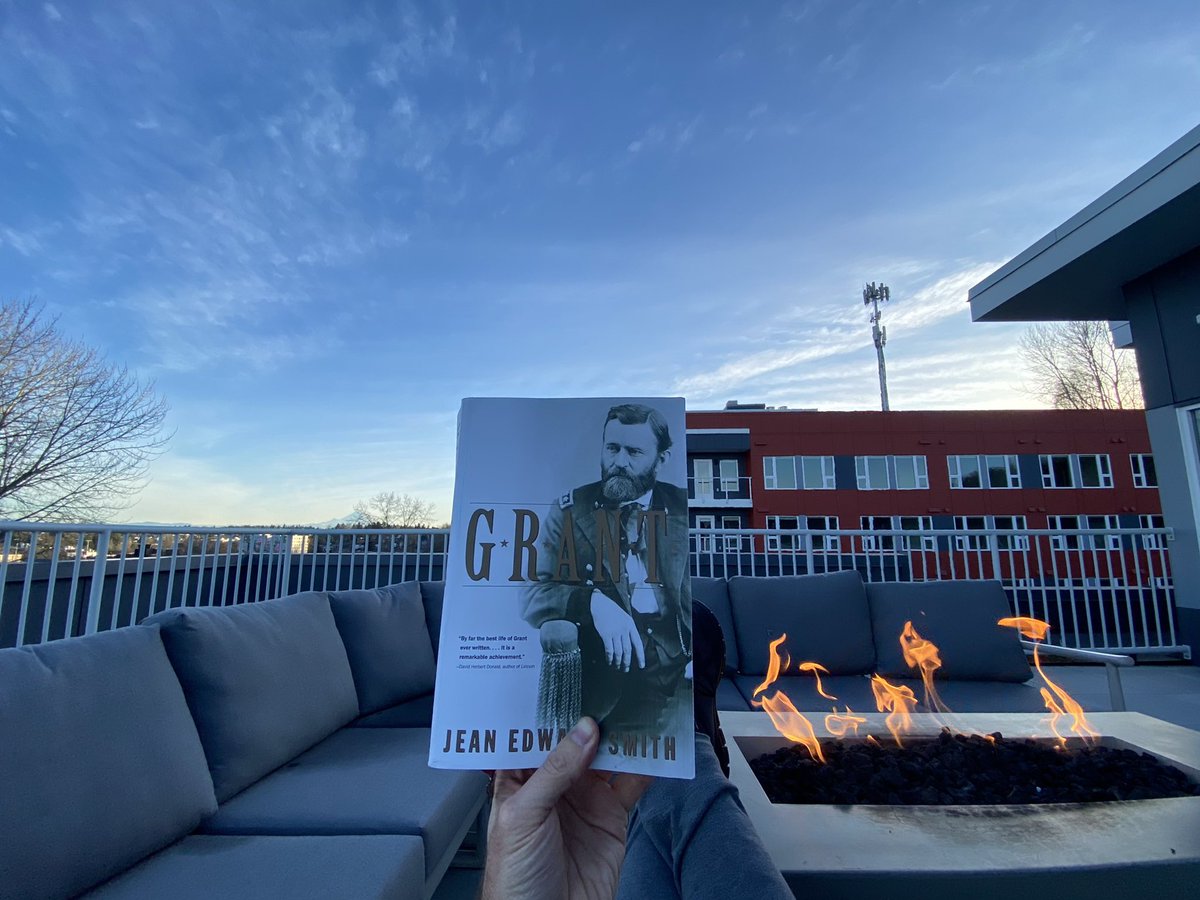
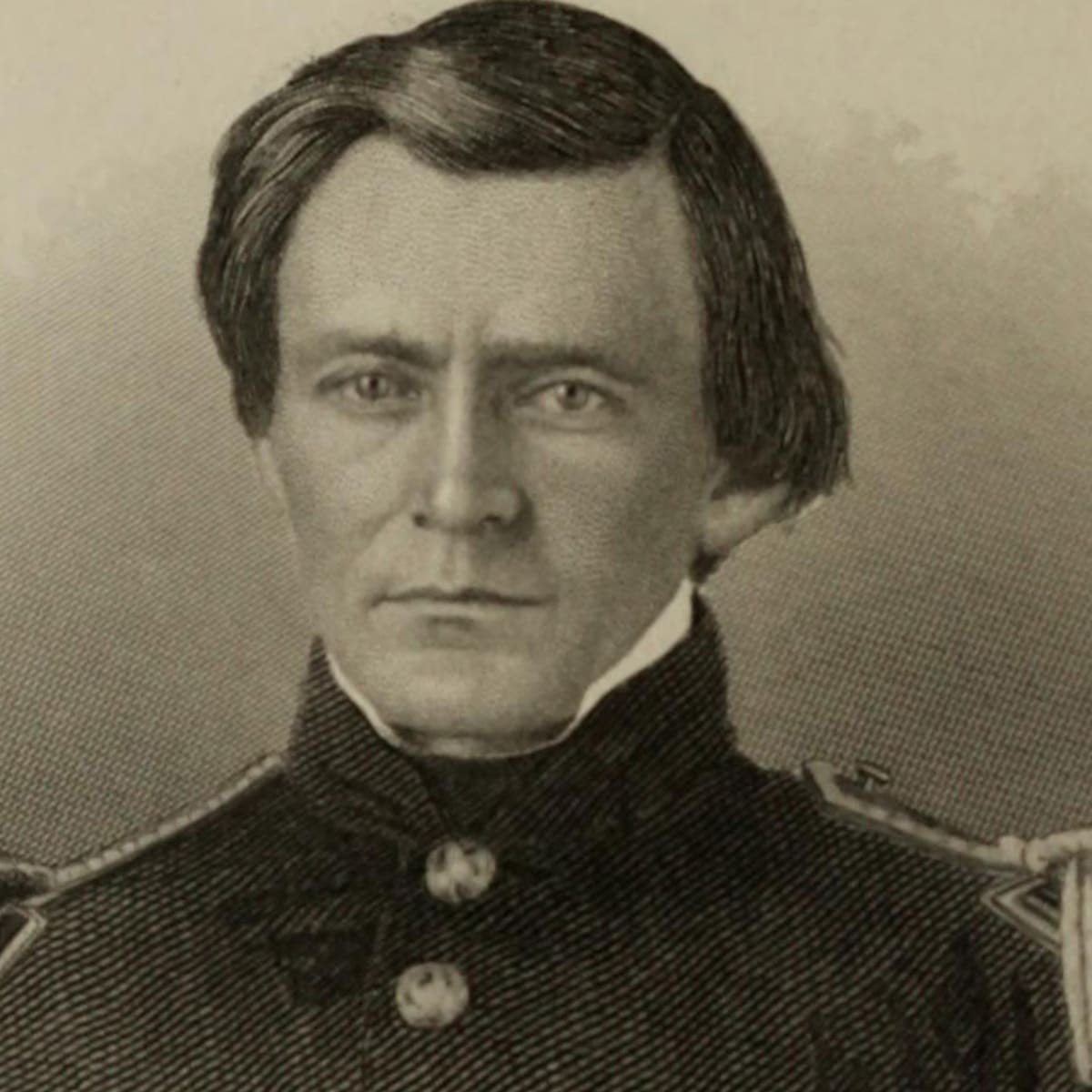
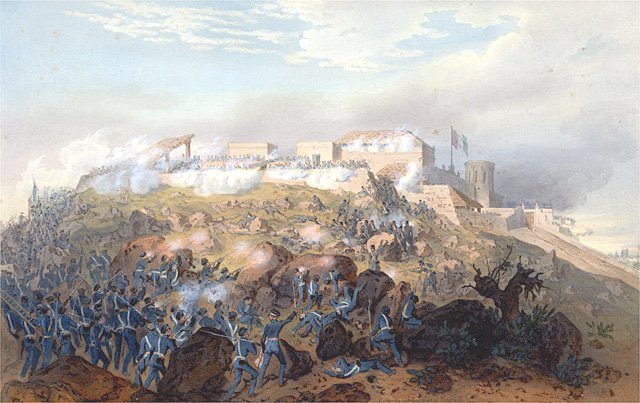
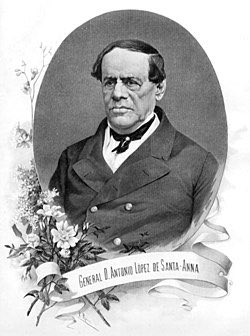
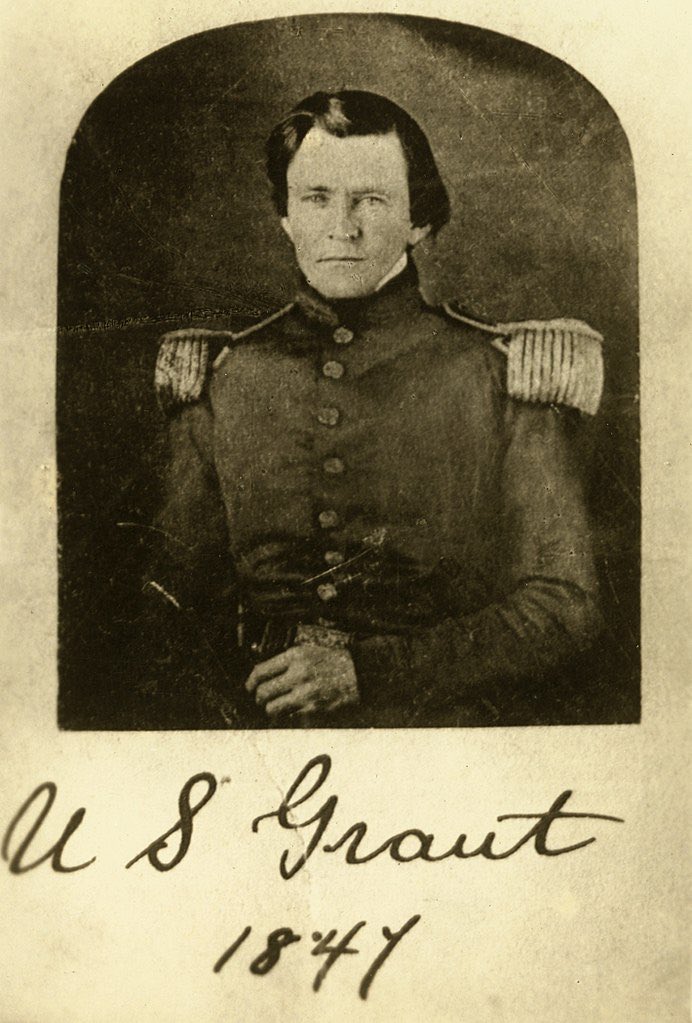
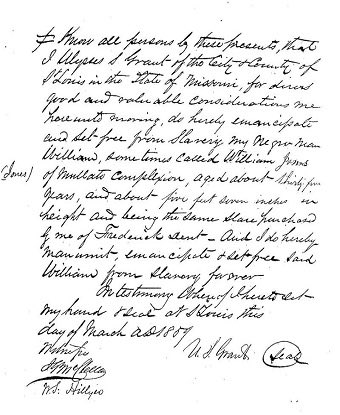
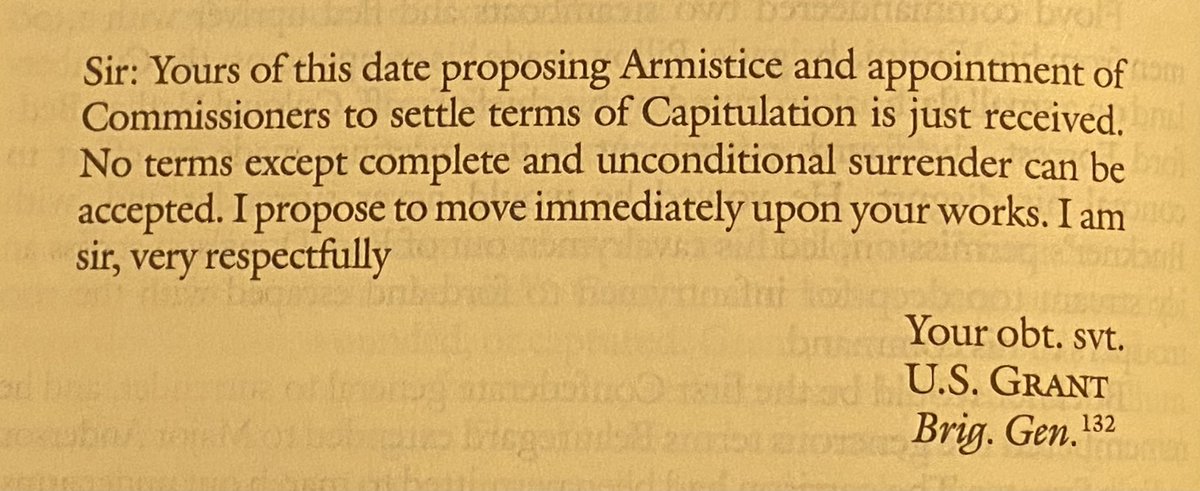
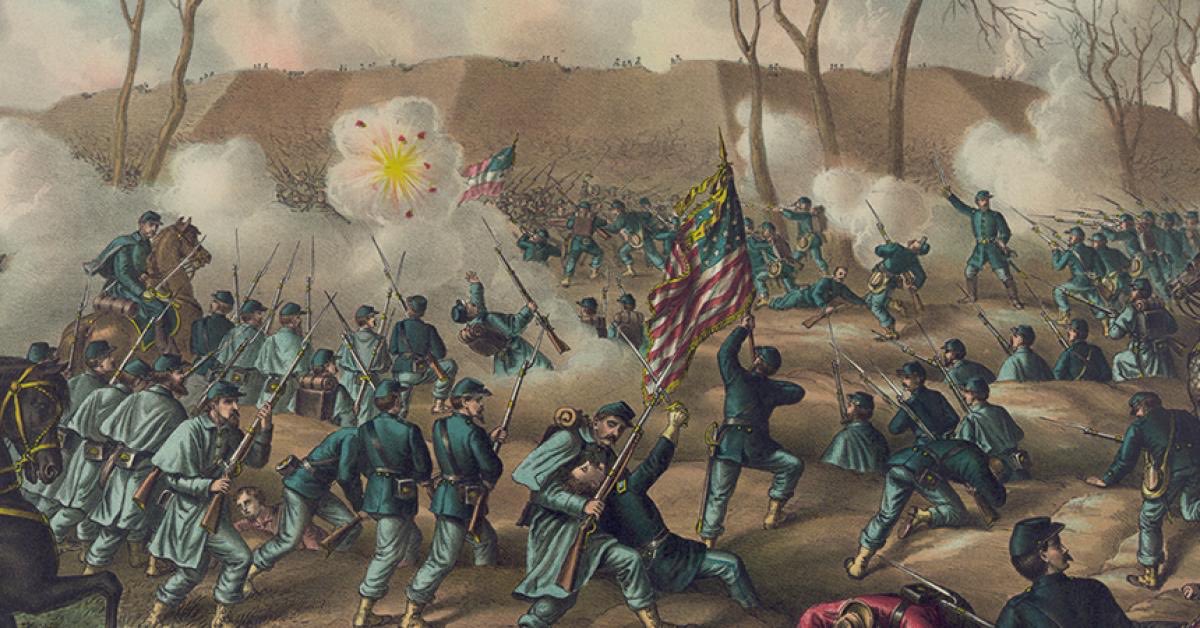
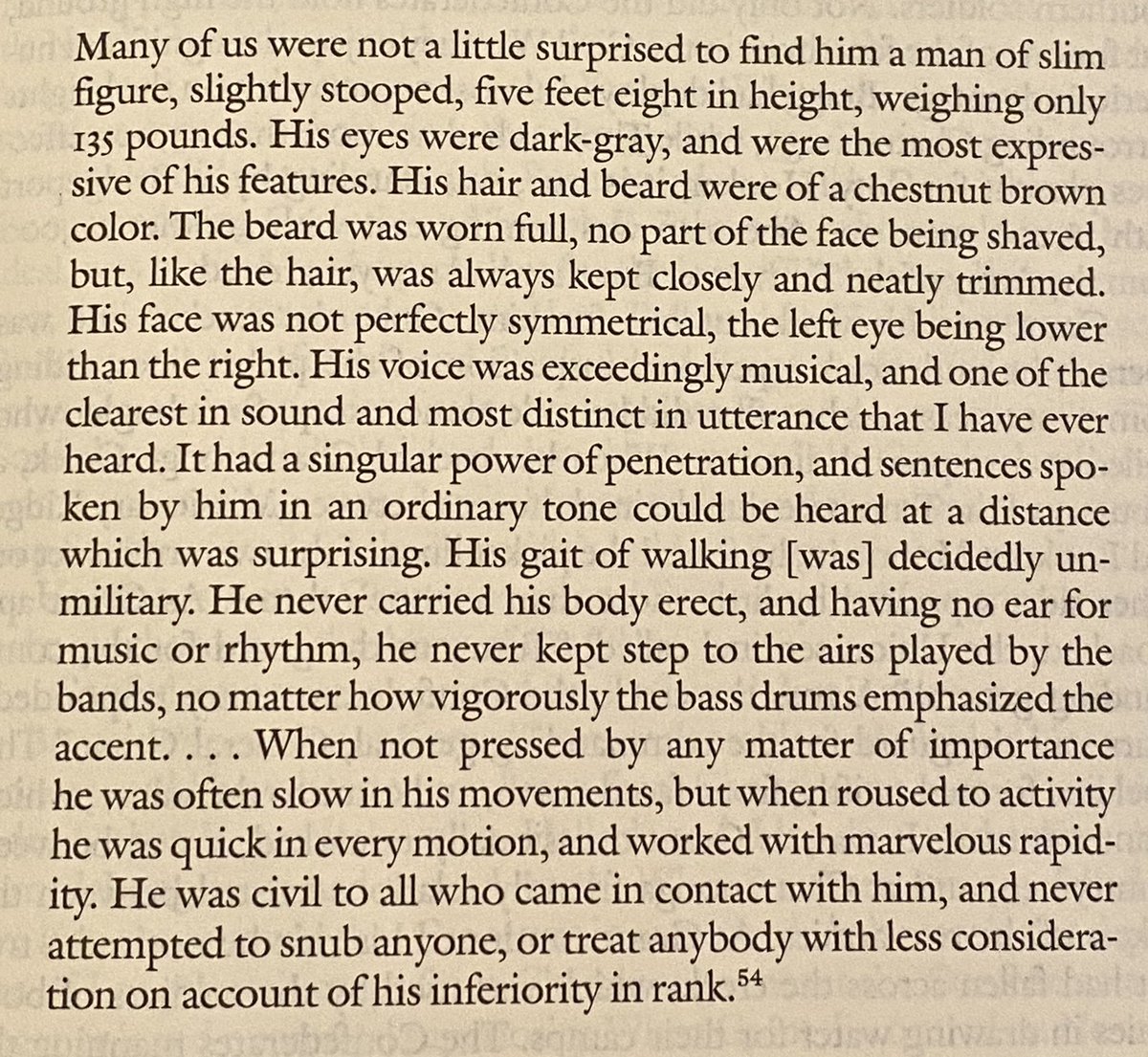
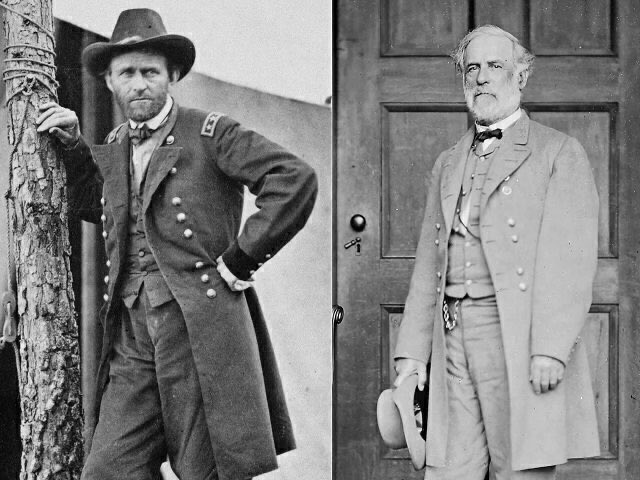
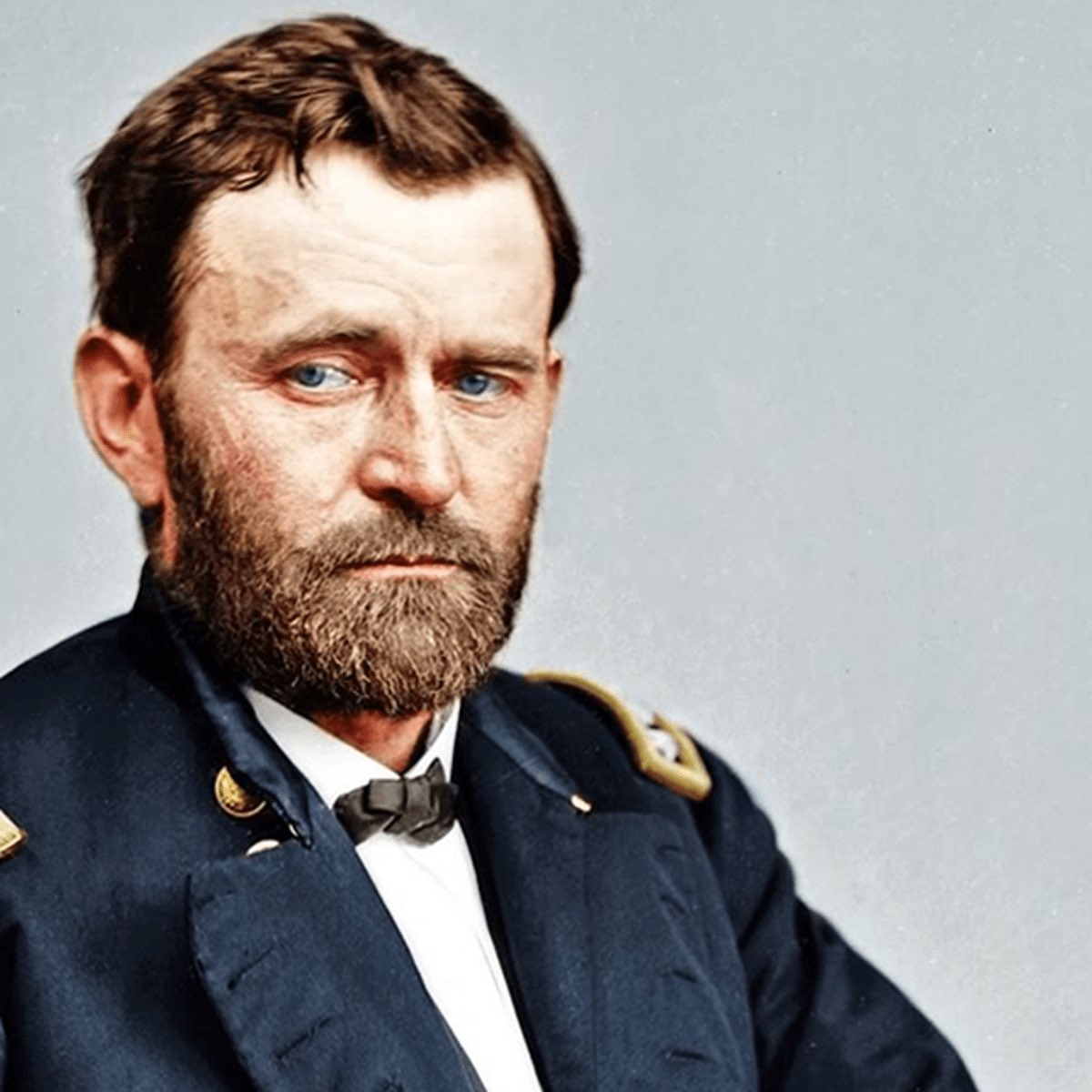

![Enjoying this thread and interested in more presidential history? You can tune in and listen to the [Abridged] Presidential Histories podcast at: https://aph.buzzsprout.com Episodes currently available for everyone from George Washington (1789-1797) to Zachary Taylor (1849-1850). Enjoying this thread and interested in more presidential history? You can tune in and listen to the [Abridged] Presidential Histories podcast at: https://aph.buzzsprout.com Episodes currently available for everyone from George Washington (1789-1797) to Zachary Taylor (1849-1850).](https://pbs.twimg.com/media/EqrVUVdUwAA9yGQ.jpg)
